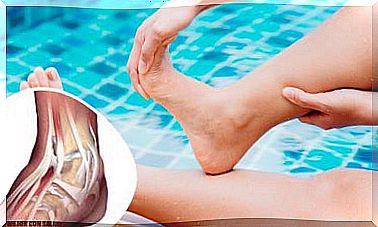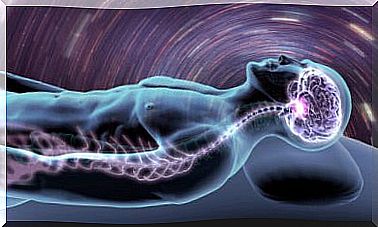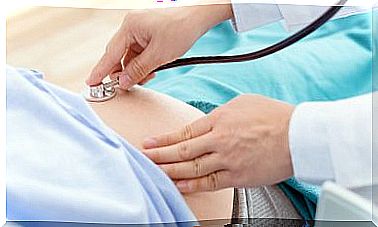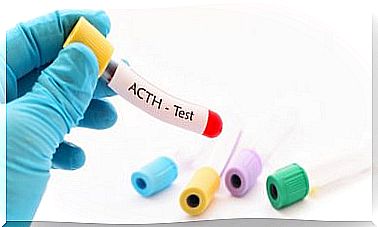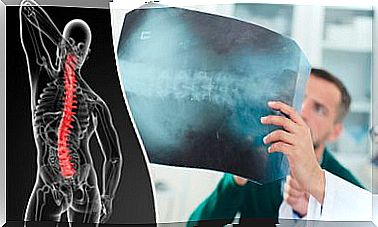The Egg And Its Nutritional Contribution
It was in the mid-nineteenth century when specialists determined that the protein was essential for proper development in humans. So the egg and meat were positioned as mandatory foods for any healthy eating regimen.
Protein of animal origin has a high biological value, which guarantees its quality. It contains all the essential amino acids that the body is unable to synthesize.
How often do you include eggs in your diet?
The egg has become a basic ingredient in the pantry, thanks to its nutritional contribution, flavor and, of course, its easy preparation. That without going into economic areas since it has an average cost.
The egg has a high index of essential amino acids, fatty acids, minerals and vitamins that the body needs. However, its components are distributed in the white and the yolk.
While the white is made up of 88% water and the rest are proteins. Among these, ovalbumin stands out. Hence the reason why some athletes recommended eating only the white.
Why is it good to consume eggs?

In view of the above, it is evident that the egg provides a large amount of protein. On the other hand, it is easy to digest given its amino acid profile. In addition, a whole egg contains 11% fat (only in the yolk). But this fat is good, and it beats saturated fat.
The egg has oleic, linoleic and alpha-linolenic acid. Which are essential for the body, because they do not occur naturally and are acquired through certain foods. These types of lipids have been shown to be beneficial for cardiovascular health.
On the other hand, they contain iron and zinc that allow balancing the consumption of red meat. But it also prevents anemia. Among its vitamins stand out those of group B, A, E, K and D.
In addition, it is an important source of choline, a nutrient that is grouped with vitamin B. Specifically, a single whole egg contains more than 100 mg of choline.
As a publication in Nutrition Reviews highlights , choline is key to building cell membranes and for optimal production of signaling molecules in the brain.
Does the egg have cholesterol?

Before negatively labeling cholesterol, it should be noted that it is important for the body and is part of the cells found in bile. That is, it contributes to the transport of fats, as well as the production of hormones and vitamin D. This nutrient is essential when it comes to mitigating inflammation, according to research published in Medecine et Maladies Infectieuses.
However, the body generates an average of 800 to 1500 mg per day and, surprisingly, it is found in all products of animal origin. Meanwhile, the body only uses 50% of the cholesterol we consume in the diet.
In this case, the cholesterol is found in the yolk. An average size egg contains around 186 mg, this means that it is equivalent to 62% of the recommended daily consumption.
However, the relationship between cholesterol and cardiovascular disease is still controversial; that is, although the egg has cholesterol, it also contains unsaturated fats that improve heart and vascular health.
How many eggs should I eat?

In short, it is not about the quantity, but the quality of the food. It is clear that each organism has a different metabolism but the fact that the egg has fat and cholesterol does not mean that it is harmful.
There are many who recommend consuming around 5 eggs a week. But in reality there is no scientific data to corroborate it.
What can be done is to adhere to the suggestions of doctors and the World Health Organization (WHO) regarding food. Which proposes that:
- Reduce your intake of energy foods, rich in saturated fat and sugar.
- Reduce the consumption of salt in meals.
- Increase the consumption of fresh fruits and vegetables.
- And finally, do physical activity for at least 1 hour a day.
Eat eggs frequently
The egg is a food that stands out for its nutritional density, for this reason, it is recommended that it appear frequently in the weekly diet. It provides basic and fundamental elements to ensure that all vital functions are developed.


